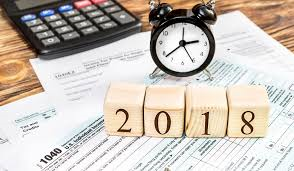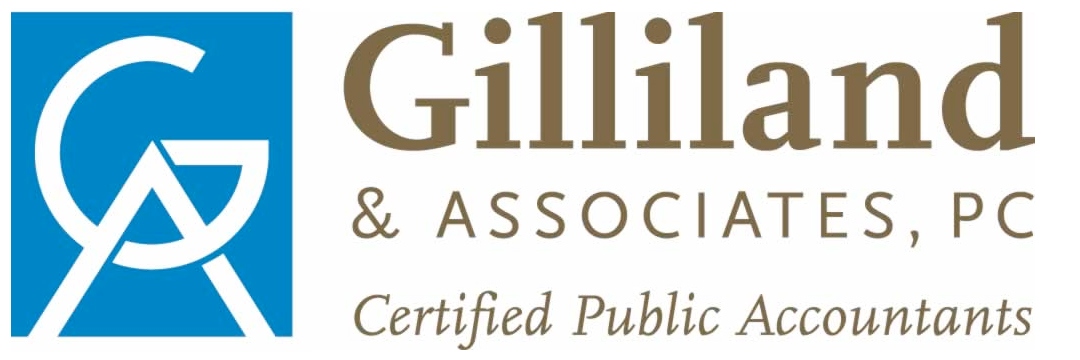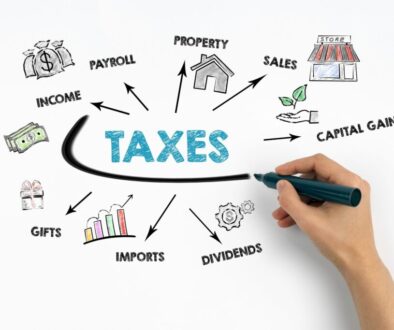Ten tips to make your tax filing easier

The tax laws are complex, and they change every year. Here are some suggestions that can help make filing your tax return an easier task.
- Start early. Any unpleasant chore becomes more difficult if it’s left until the last minute, so get an early start on filing your tax return.Get out last year’s return and look it over. Your prior return or a tax organizer can be a real timesaver, and a money saver as well, since it jogs your memory concerning income and deductions you might otherwise overlook.
- Summarize deductions. Go through your checkbook, credit card statements, and receipts for cash purchases looking for possible deductions. Add up the totals for medical expenses, union dues, mortgage interest, real estate taxes, charitable donations, work-related expenses, personal property taxes, and any other items that you think may be tax deductible.
- Gather tax documents you receive. Save all documents you receive that contain information you’ll need for tax return preparation. Typical forms include:
Form W-2 statement of wages Form 1099-R distributions from pensions, annuities, retirement or profit-sharing plans, IRAs, insurance contracts, etc. Form 1099 interest, dividends, royalties, etc. Form 1099-G state and local income tax refunds Form 1099-B and brokerage statements sales of securities K-1s income and deductions from partnerships, S corporations, trusts, estates Form 1095 proof of health insurance - Correct discrepancies before you file. The IRS matches the documents it receives from various sources with the information you report on your tax return – for example, the interest income as reported on Form 1099. If you receive information returns that are inaccurate, contact the issuer to get a corrected form. If you cannot get a correction, plan on attaching an explanatory note to your tax return.
- Don’t forget tax-exempt income. Don’t forget to keep records concerning your tax-exempt income. The amount must be reported on your tax return, even though it is not taxable income to you.
- Get required numbers. Your return requires that you give social security numbers for any dependents you claim.
- Review children’s filing requirements, too. As you gather information on your income and expenses, don’t forget to review the same information for your children. Your children may have filing requirements.
- Schedule your tax appointment early. Afterward, you may need time to chase down missing records or resolve other problems before the April filing deadline.
- Identify your tax payments. In order to have your tax payments properly identified and credited to you, put complete information on every check you send to the IRS. Include your name, address, social security number or business ID number, type of tax being paid, and the tax year involved. Don’t combine two or more payments on one check; always send a separate check for each tax payment.
- Keep good records. Assume that your return could be selected for an audit, and keep good records. Keep bank statements, cancelled checks, and records supporting income and deductions for seven years from the date your return is filed (including any filing extensions).
Gilliland & Associates, PC is a full-service CPA firm specializing in tax planning for individuals and businesses in the Northern Virginia area. We are based in Falls Church, VA and also service clients in McLean and Tysons Corner, VA. Gilliland & Associates is known for our superior knowledge and aggressive interpretation and application of tax laws. We help you keep more of your earnings by finding you the lowest possible tax on your business or personal tax return. You can connect with us on Google+, LinkedIn, Facebook, and Twitter.



